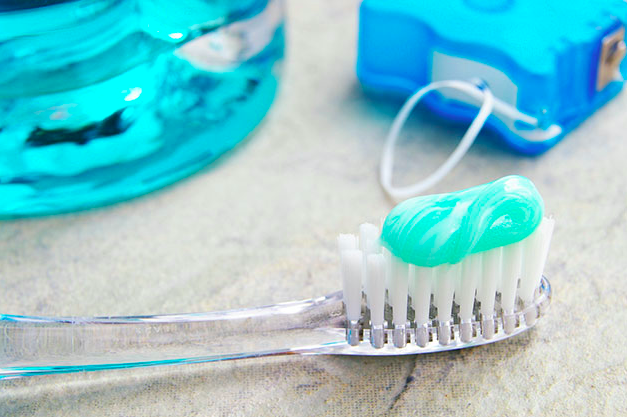
Despite the fact that the U.S. economy has made huge strides in the last few years compared to the worst of the Great Recession, the large majority of Americans still find themselves needing to be careful with their budgets or risk falling into expensive debt.
If you’ve ever had to stop for a moment when making a purchase and consider, “if I pay for this, will I be able to cover the mortgage next month?” or “If I go out to eat tonight, will I be able to buy enough groceries next week?” then you’re part of that majority. While it’s good to have financial self-control and stick to a budget, when it comes down to deciding between two equally important needs, it can cause serious problems.
An example of this issue that many people face today is deciding whether or not to receive the medical and dental care they vitally need because the expense doesn’t fit in their tight budget. Sometimes medical or dental care is pitted against purchasing groceries and paying the rent. In many cases, dental care gets put off or ignored because it can appear to be the least urgent of all the choices on the table.
However, failing to care for your oral health can be dangerous, leading to unnecessary pain and suffering, and even life-threatening health problems down the road.
How can you maintain a strict budget, but still ensure you and your family’s oral health are being properly cared for? Here are four tips to help make that possible:
Understand the importance of dental care
"Failing to care for your oral health can be dangerous, leading to unnecessary pain and suffering, and even life-threatening health problems down the road."
It might seem strange to do some homework as a means of better being able to afford dental care, but this really is an important step for most people. If someone is not currently in pain, then it makes sense that dental care may fall as a priority. But this could pose a major risk to your oral health.
In fact, many studies link oral health with overall body health. In many cases, serious systemic issues are often able to be diagnosed earliest by your dentist at a routine examination. These include conditions like cancer, heart disease, and diabetes, just to name a few.
Likewise, dental conditions like gingivitis or periodontitis as well as infections caused by poorly maintained teeth and gums can spread to other parts of the body, creating dangerous conditions.
Take the time to do some research on just how important dental care is to your overall health and discuss your findings with your family. This will help put dental care in its proper place in your budget, and can help you justify setting aside the cost of oral care when the time comes. For more tips, find out how a discount dental plan works to save on dental care.
Emphasize oral self-care

By placing emphasis on standard oral self-care habits like proper brushing and flossing, you can help control the cost of dental care for the whole family. As the saying goes, an ounce of prevention is better than a pound of cure.
Make sure everyone in the family is keeping up with this minimal list of vital oral health habits:
- Brush your teeth with quality toothpaste and a soft-bristled toothbrush at least twice every day for a minimum of two minutes each time.
- Floss your teeth at least once every day.
- Rinse your mouth at least once every day with a quality, dentist-approved antibacterial mouthwash.
Additionally, give consideration to what you and your family eat and drink, as common ingredients such as sugar can harm your teeth, while many alternative foods can do your teeth and gums a lot of good.
Take advantage of a discount dental card
After applying all of the previous tips to help budget for dental care, receiving the services ultimately requires payment. With the help of a dental discount card you don’t have to take on the full cost of the visit or procedure.
A dental discount plan offers a significant discount off the retail cost of both routine and advanced dental services at any participating dentist’s office. With discounts of up to 50%, these inexpensive plans can make the difference between a budget that’s too tight to manage and one that properly emphasizes your family’s oral health.
Apply these tips for paying for dental care on a budget to ensure you’re properly caring for your dental needs.

